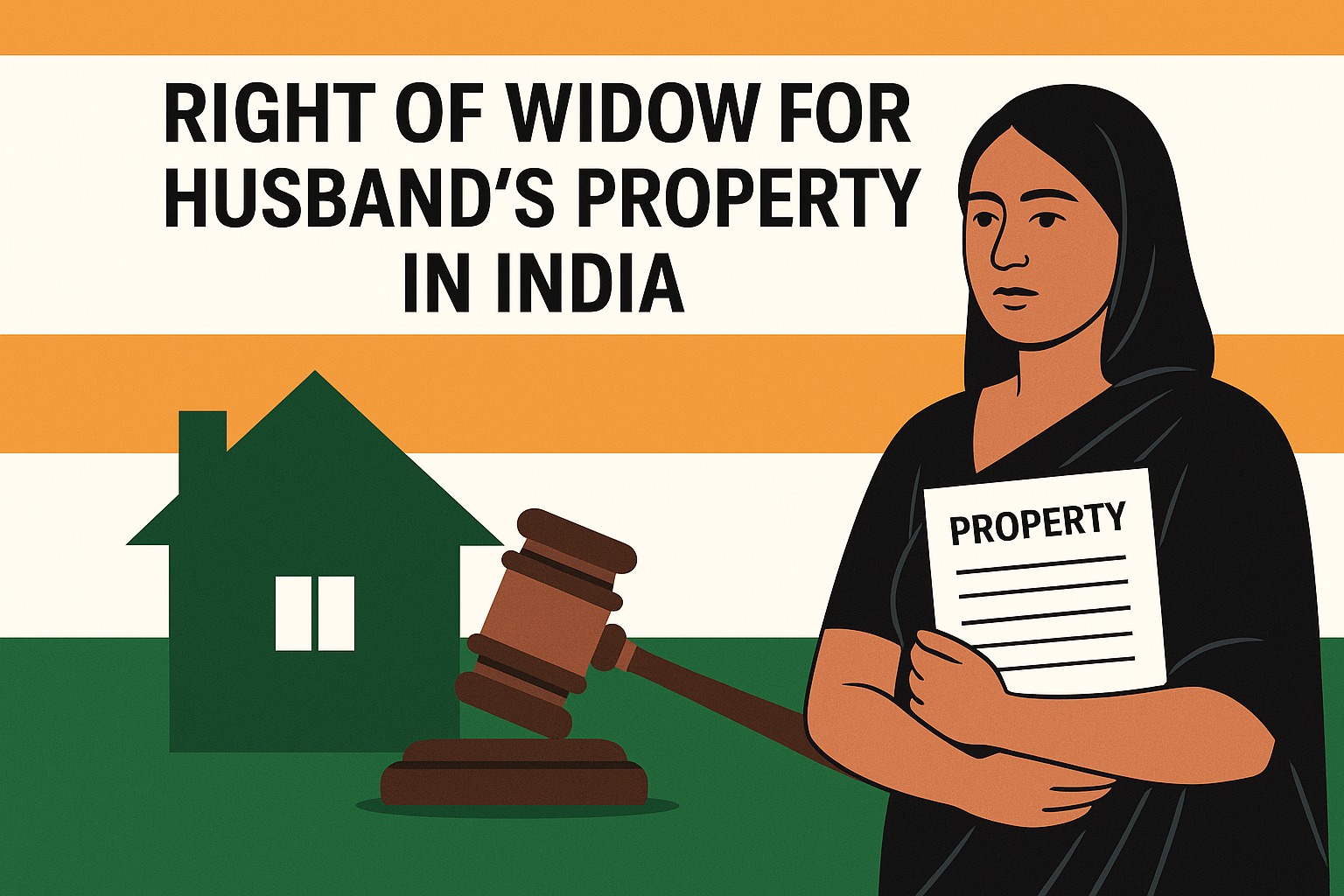Joseph, J.@mdashThis is an appeal by the defendant from the decree in a suit for damages for malicious prosecution. The plaintiff was awarded a sum of Rs. 401-8-3 as damages. The plaintiff has filed a memorandum of cross-objections claiming an additional sum of Rs. 400/- as general damages and Rs. 125/- as special damages. The facts necessary for the decision of the case may be briefly stated. On 10th January, 1950 the defendant filed a criminal complaint on which a case was registered as C. C. No. 53 of 1950, in the Stationary Second Class Magistrate''s court of Perumbavoor, against the plaintiff, her husband, her manager and Mr. K. Mahadeva Iyer, a vakil practising at Perumbavoor. Mr. Mahadeva Iyer had been appointed as Receiver for 96 cents of paddy field in Survey No. 561/6A and B which was the subject matter of O. S. No. 652 of 1124 of the District Munsiff''s court of Perumbavoor. The complaint was that the accused had committed theft of the standing crop in the land and that this was done on the instigation of the first accused-the plaintiff in this suit. The plaintiff''s case is that the land in question belonged to her and was in her possession, that she had leased the land to one Avokker Kochunni and his wife, that she had obtained a decree in O. S. No. 652 of 1124 for recovery of possession of the land with arrears of rent, that thereafter the defendant in collusion with the lessee obtained the decree in O. S. No. 7 of 1125 on the allegation that he had leased the land to him that when the defendant applied for delivery of possession she objected and got a receiver appointed for the property, that it was the Receiver who harvested the property, and that the defendant who was aware of these facts maliciously instituted criminal proceedings against her and the others. The defendant contended that he was in possession of the land, that he had leased it to Avokker Kochunni, that he had obtained possession of the same in execution of the decree obtained by him against Kochunni, and that there was reasonable and probable cause for filing the criminal complaint. The court below found that the plaintiff was all along in possession through her lessee until the Receiver was appointed and that the criminal proceedings were instituted maliciously. Though the plaintiff had claimed a sum of Rs. 2,025/- as damages, she was awarded only Rs. 401-8-3.
2. The main question which arises for decision is whether the criminal prosecution was without reasonable and probable cause.
3. The law on the subject is well-settled and courts in India have followed the principles laid down by English Courts. The leading case on the point is Hicks v Faulkner (1878(8) Q. B. D. 167.) Hawkins J. held:
I should define reasonable and probable cause to be, an honest belief in the guilt of the accused based upon a full conviction, founded upon reasonable grounds, of the existence of a state of circumstances, which, assuming them to be true, would reasonably lead any ordinarily prudent and cautious man, placed in the position of the accuser, to the conclusion that the person charged was probably guilty of the crime imputed.
This dictum was followed in later cases in England as well as India, and it is not necessary to cite other decisions, as the correctness of the principle was not questioned by either side.
4. The facts as disclosed by the evidence show that the defendant could not have had reasonable or probable cause for believing that the plaintiff was guilty of the offence. The learned Judge has carefully considered the evidence on the point and has come to the conclusion that the plaintiff''s mother and the plaintiff were in possession of the property all along, that the plaintiff had leased the property to Avokker Kochunni and his wife and that the defendant had neither title nor possession. I am in complete agreement with these conclusions. The circumstances under which the defendant came to the scene have also been stated, which show that his suit was only a collusive attempt to secure possession of the property from the plaintiff''s lessee. When the defendant applied for delivery of possession the plaintiff obstructed and filed a petition on 24-4-1125 stating that the property should not be delivered to the defendant. Reference was made to the fact that she had obtained a decree and also an order for the appointment of a Receiver. Finding his attempts thus thwarted the defendant caused a petition Ext. AT, to be filed by Kochunni on 24-4-1125 stating that he had no objection to surrender the property to the defendant and that the defendant was to take possession. The defendant''s counsel made a statement in Ext. AT that there was no need to deliver possession as the defendant had obtained possession on 22-4-1125. It is not stated in Ext. AT that possession was given and the defendant has not cared to examine Kochunni to prove this fact. The important point to remember is that the defendant thus became aware of the fact that a Receiver had been appointed for the property on the plaintiff''s application. The Receiver was examined in this case as P. W. 2 and he gave evidence that he took possession of the property on 24-4-1125. Ext. E is the report filed by him. The defendant who was aware of the appointment of the Receiver should normally have sought to obtain possession from the Receiver but instead of doing that, he chose to institute criminal proceedings against the plaintiff and others. It is therefore clear that the prosecution was without reasonable or probable cause.
5. Counsel for the defendant urged that one important circumstance was overlooked by the learned Judge. He relied on the fact that the crops harvested by the Receiver were removed to the plaintiff''s House and that was the reason which induced him to file the complaint against the plaintiff also. There is no substance in this argument. As I have already stated the defendant was aware of the real state of things. It is also in evidence that the plaintiff was neither in her house nor even in that locality on the date on which the field was harvested as she had gone to Alwaye for her confinement and a child was born to her only 18 days before the alleged incident. The fact that the Receiver did not obtain an order from court for storing the crops harvested in a building belonging to the plaintiff is no justification for the criminal proceedings against the plaintiff. On the other hand the defendant''s object appears to have been to harass the plaintiff at a time when she could not easily move about, by dragging her to court a few miles away.
6. There remains the question of malice which also must be proved by the plaintiff in a suit of this nature. As pointed out in Chaganlal Sakerlal v The President, Thana Municipality (I. L. R. 56 Bombay 135 at 149):
If a person prefers an indictment, or sets the criminal law in motion, knowing at the time he did so that he has no reasonable ground for it, that alone is evidence of malice on his part. By the term ''malice'' is meant an indirect wrong motive....................................Any motive other than that of simply instituting a prosecution for the purpose of bringing a person to justice is a malicious motive on the part of the person who acts in that way. Malicious intention is a wish to injure a person rather than to vindicate the law.
The evidence in the case points to the conclusion that the only object of the defendant in instituting criminal proceedings was to coerce the plaintiff, thereby to secure possession of the land.
7. Coming to the question of the quantum of damages, it cannot be said that the amount awarded is unreasonable or excessive. No interference is called for in respect of the same. It follows that the appeal and memorandum of cross-objections must both be dismissed. I therefore confirm the decree of the court below and dismiss the appeal and the memorandum of cross-objections with costs.

